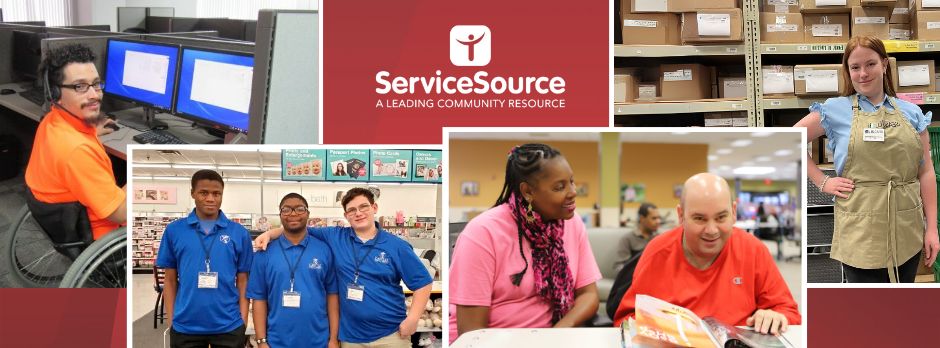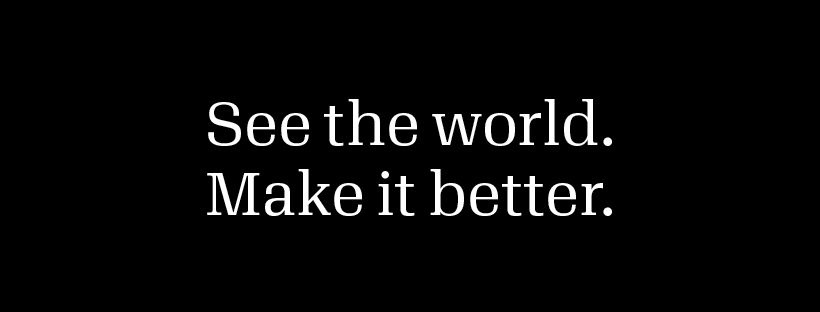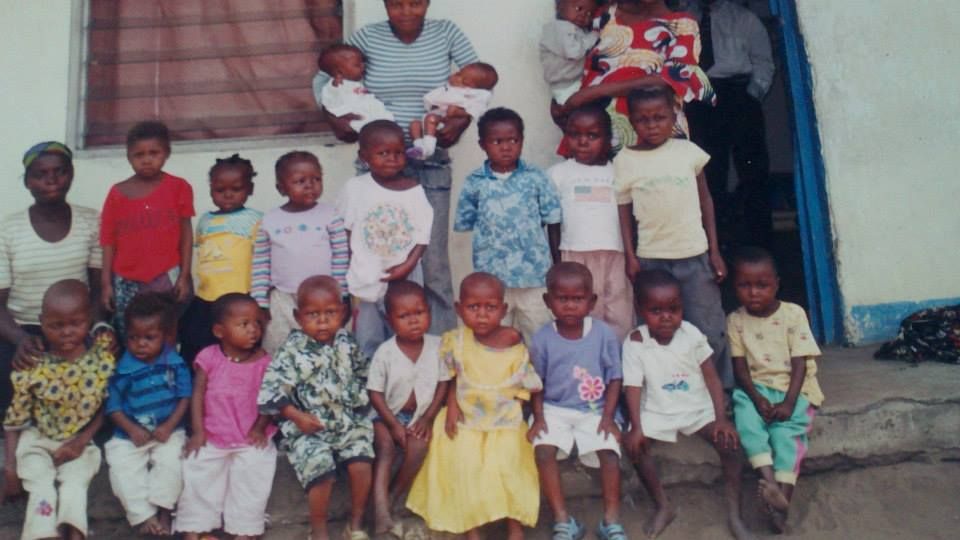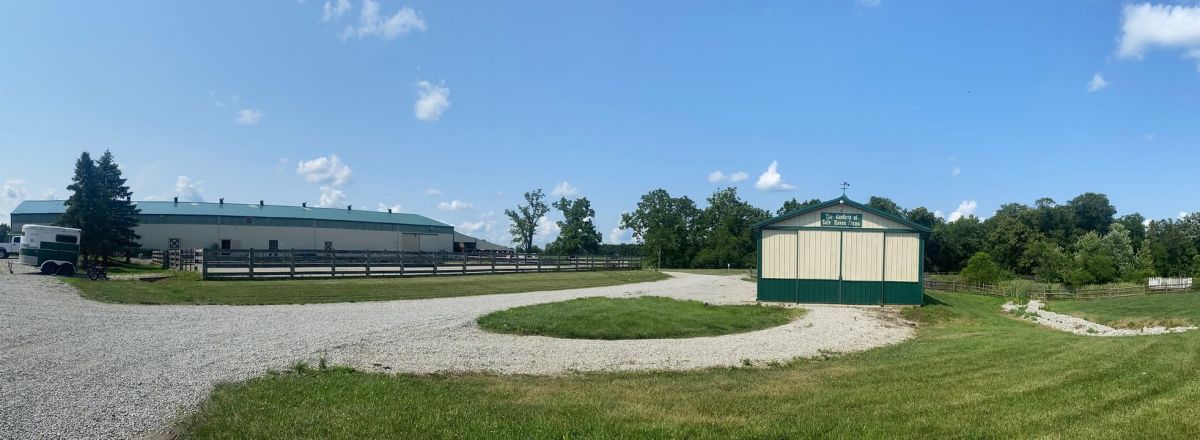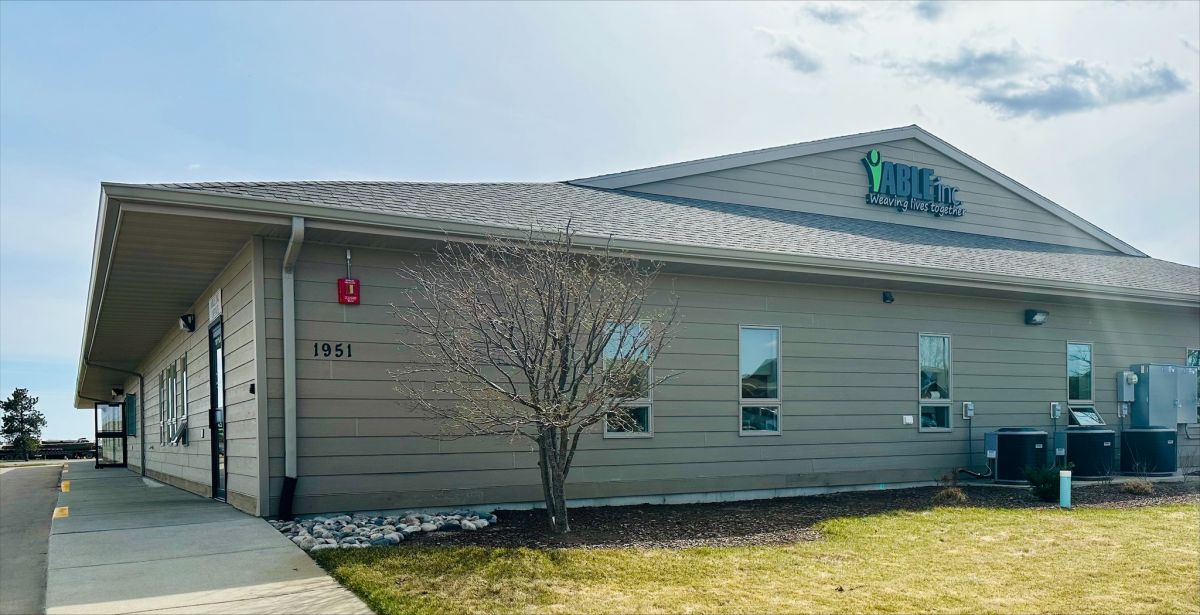Similar organisations to Pennies for the Blind Incorporated
-
Single Organization Support
-
1981.
ServiceSource Foundation
A leading community resource providing a wide range of customized services for individuals with disabilities, their families, employers and partners.
3510
Oakton
-
Private Independent Foundations
-
1982.
Pinnacle Gardens Foundation
The purpose of the foundation is to support building community and to promote positive social change.
Seattle
-
Private Independent Foundations
-
1983.
Philip & Patricia Tuccinardi Family Foundation
We are Candid. We connect people who want to change the world to the resources they need to do it.
66000
Temecula
-
Human Service Organizations
-
1984.
Development and Assistance of the Persons Living With Handicap
DAPLH is a non-profit Organization created to help children and adult living with physical disabilities in Africa.
50
Hagerstown
Safe Haven Farms, Inc
Safe Haven Farms is a community offering residential, day and therapeutic equestrian services for individuals on the autism spectrum and other developmental disabilities.
1600
Middletown
-
Developmentally Disabled Services/Centers
-
1986.
Able Incorporated
ABLE, Inc. supports nearly 100 people in their homes, work and in their communities of Dickinson, Bowman and Hettinger.
1700
Dickinson
-
Human Services - Multipurpose & Other N.E.C.
-
1987.
Hope for Development
ERADICATING POVERTY Home About Us Services Donate Contact More HOPE FOR DEVELOPMENt We preserve the human dignity without exclusion ABOUT US Hope for development is under section 501c3 organization that operates exclusively for charitable purposes.
Glendale
-
Private Grantmaking Foundations
-
1988.
AL and Mary Evans FAM Foundation
Providing you with the nonprofit information you need Use GuideStar to look up a nonprofit and access the most complete data available.
Reno
-
Alliance/Advocacy Organizations
-
1989.
PENNSYLVANIA VOICE
Together partners build the power needed to break down barriers to civic participation, restore confidence in government, and bring historically marginalized populations—and their issues—to the center of public discourse.
290
PHILADELPHIA
